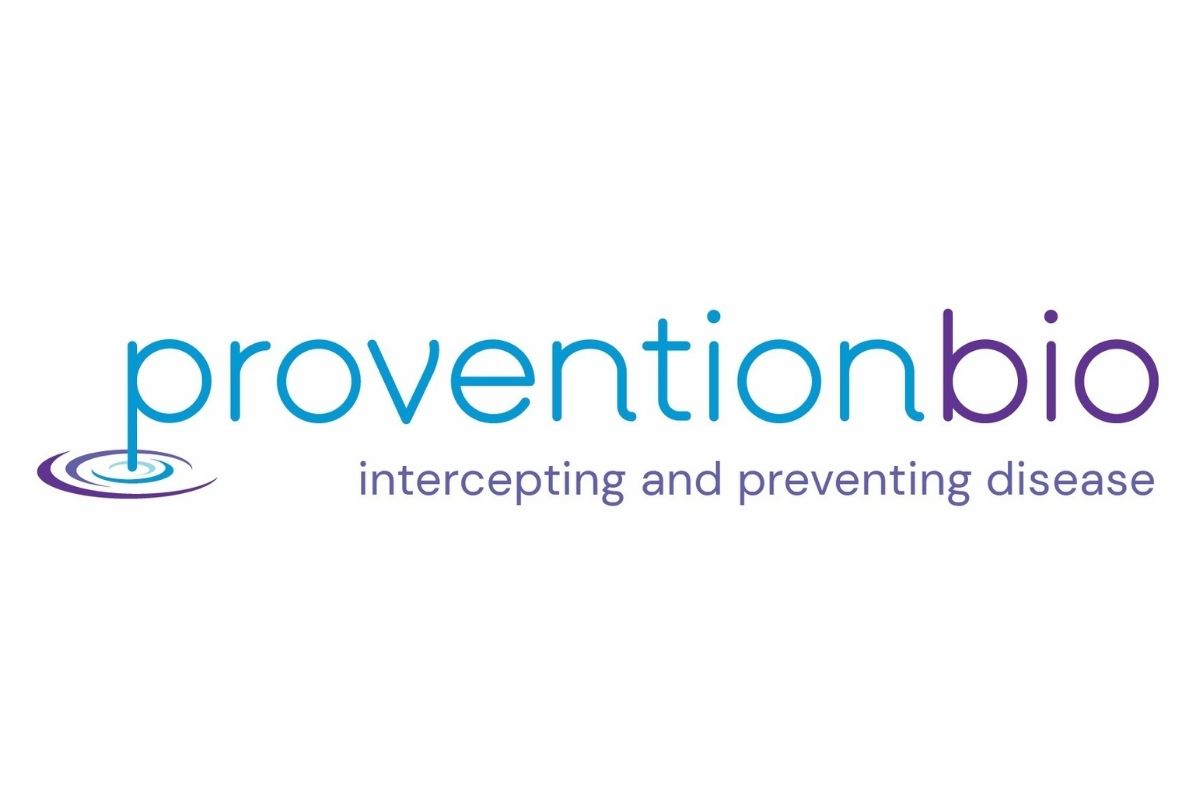
The U.S. Food and Drug Administration (FDA) regulatory review is now under way for teplizumab—a therapy that blocks the blood marker CD3, which activates immune cells—to prevent or delay type 1 diabetes (T1D) in at-risk individuals. The target action date is July 2, 2021.
Teplizumab could become the first disease-modifying therapy approved for T1D.
Breakthrough T1D had a hand in the development of teplizumab from nearly the beginning:
- We gave a Career Development Award to Kevan Herold, M.D., who had just started his faculty-level career at The University of Chicago, in 1988-1990. He showed, in an early study, that he could prevent autoimmune diabetes with an anti-CD3 antibody (which, later, became a humanized version, teplizumab). He has gone on to receive more than 15 grants from Breakthrough T1D, and was the lead on the clinical trial that demonstrated that teplizumab could delay the onset of T1D for nearly three years in people almost certain to develop the disease. This was the first ever study in humans to show a delay in the onset of type 1.
- We funded clinical trials in recent-onset disease, which were published in 2002, 2005, and 2013, and a phase III trial run by MacroGenics (it was called MGA031 at the time), who received a Breakthrough T1D Industry Discovery and Development Program grant from 2006-2011.
- In 2012-2019, we funded, with the National Institutes of Health (NIH), the Immune Tolerance Network—an international clinical research consortium—who did a clinical trial of teplizumab and identified who is likely to respond to the drug. We also funded, with the NIH and the American Diabetes Association, TrialNet—the largest clinical network for T1D—who ran the clinical trial in at-risk individuals, led by Dr. Herold.
Teplizumab, now called PRV-031, is also being tested in a phase III clinical trial in people who have been recently diagnosed, headed by Provention Bio, a company with an investment from the Breakthrough T1D T1D Fund.
If successful, and the FDA review results in approval, we will be moving ever closer to a world without this disease.